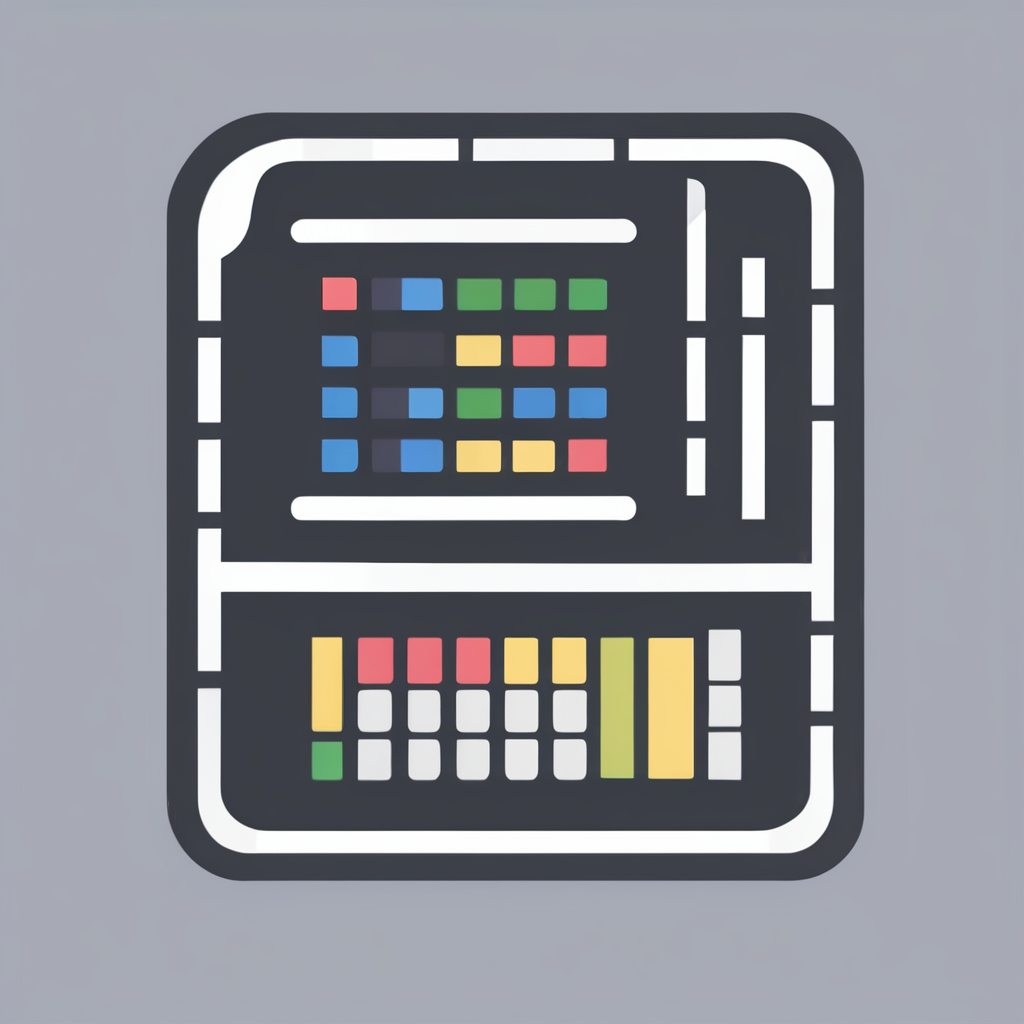Smartphone Adoption and Penetration in the UK
Recent smartphone adoption UK data reveals a significant majority of the population owns smartphones, with penetration rates exceeding 85%. This high level of device ownership spans across age groups, although younger demographics, especially those aged 16 to 34, exhibit near-universal adoption. Older groups show a steady increase in smartphone penetration statistics, reflecting a growing comfort with digital technology.
Trends indicate that smartphones are the primary tool for internet connectivity, replacing traditional PCs for many users. The shift toward mobile usage supports increased access to digital services, social media, and e-commerce.
Also read : What are the impacts of smartphone usage on UK digital communication?
This widespread smartphone adoption plays a crucial role in the UK’s digital economy growth. Easier access to online platforms stimulates sectors such as digital retail, fintech, and telecommunication services. Businesses leverage smartphone connectivity for marketing, customer engagement, and innovative payment solutions, fostering an ecosystem where digitalisation accelerates economic activity.
Understanding these dynamics, organizations can better tailor services and strategies to capitalize on this expanding market, ensuring they meet consumer expectations driven by widespread smartphone adoption UK.
In parallel : Effortlessly sell your iphone 16 pro for top dollar today
Impact of Smartphones on UK E-Commerce and Consumer Behaviour
Smartphones have been a catalyst for e-commerce growth in the UK, dramatically increasing both the volume and frequency of online shopping. The seamless convenience smartphones offer means consumers can browse and purchase anytime, anywhere, fueling a rise in mobile shopping trends. In fact, mobile devices now account for a significant share of online transactions, reshaping UK consumer behaviour patterns.
This shift has heightened consumer expectations for fast, intuitive, and personalized online experiences. Shoppers now demand responsive websites or apps that load quickly and offer straightforward navigation. The ability to save payment details and access customer reviews directly influences purchasing decisions during mobile shopping sessions.
Recent data reveals mobile transactions have boosted UK retail sales substantially, highlighting the critical role of smartphones in today’s e-commerce ecosystem. Retailers adapting to this trend by optimizing their platforms for mobile users often see increased conversion rates and customer loyalty.
In summary, smartphones are more than just tools for communication; they fundamentally reshape how UK consumers interact with e-commerce, encouraging retailers to prioritize mobile-friendly experiences to stay competitive in a fast-evolving market.
Digital Services Usage and Mobile Payments
Smartphones have become the gateway to a wide array of digital services in the UK, transforming how people manage daily activities. From accessing banking platforms to booking healthcare appointments, digital services UK have seen significant expansion driven by increased mobile connectivity. Users appreciate the convenience of managing finances, medical consultations, and even government interactions directly on their devices.
This surge aligns closely with the rapid rise in mobile payment adoption. Contactless payments, digital wallets, and peer-to-peer transfers are now commonplace, reducing reliance on cash and physical cards. Mobile payment adoption thrives due to ease of use, enhanced security features, and integration with various apps, encouraging more consumers to embrace cashless transactions.
Simultaneously, the UK’s fintech development is making pivotal contributions by leveraging smartphone technology to create innovative financial tools. Fintech development focuses on user-friendly interfaces, personalized financial solutions, and secure transaction methods. These advances not only boost digital service efficiency but also position the UK as a global leader in the evolving landscape of mobile payments and digital finance.
Productivity Enhancements for Businesses and Workers
Smartphones have become indispensable tools driving business productivity by enabling a truly mobile workforce. In the context of remote work UK, workers can stay connected from any location, offering flexibility without sacrificing performance. This shift has opened doors to streamlined workflows, where time-sensitive decisions are made on the go.
One major productivity advantage comes from seamless business app integration. Applications tailored for finance, communication, and project management sync effortlessly across devices, reducing delays and errors. Employees no longer need to be tethered to desktops, promoting faster response times and improved collaboration.
Research shows mobile device usage correlates with notable productivity gains. Companies report up to a 20% rise in operational efficiency when workers utilize smartphones for remote tasks. This boost underscores how vital mobile technology is for today’s businesses, especially in sectors adapting to flexible work environments.
By embracing these tools, businesses support a more agile workforce. The choice to integrate smartphones and apps within daily operations is a proven strategy to enhance overall work output and employee satisfaction.
App Economy Growth and Innovation
The app economy UK is experiencing remarkable growth, largely fueled by an explosion in mobile app development and innovative tech startups. The sector plays a pivotal role in boosting the UK’s economy by not only creating thousands of jobs but also significantly contributing to GDP. Recent data shows that the presence of numerous UK-based tech startups continues to drive digital transformation across industries, from health to finance.
This surge of innovation is evident in the success stories of UK-born apps that have gained global traction. These apps not only showcase technological prowess but also contribute to the diversification of the economy by fostering a competitive and dynamic ecosystem. For example, emerging sectors like fintech and healthtech rely heavily on agile mobile app development to deliver improved user experiences and service efficiency.
As these startups grow, they stimulate ancillary sectors such as cloud services, cybersecurity, and digital marketing, further amplifying the app economy UK impact. Encouraging continued investment and nurturing talent will be key to sustaining this vibrant innovation cycle and maintaining the UK’s competitive edge in the global app market.
Aggregate Contribution to UK GDP and Economic Transformation
Smartphones have become a cornerstone of the digital economy contribution in the UK, significantly influencing GDP statistics. The smartphone ecosystem drives substantial economic activity by enabling new business models, enhancing productivity, and expanding digital services. This ecosystem’s value extends beyond mere device sales, involving app development, mobile commerce, and communication infrastructure, all of which contribute robustly to technology-driven growth UK.
Quantitative analysis reveals that smartphone-related sectors contribute a growing share to the UK’s GDP. By integrating with cloud computing, e-commerce, and digital advertising, smartphones amplify productivity and consumer spending, translating into increased economic output. Research shows that industries relying on smartphone access have exhibited higher growth rates, evidencing a direct link between smartphone penetration and overall GDP expansion.
From a policy perspective, sustaining this growth requires supporting innovation ecosystems, investing in digital infrastructure, and encouraging widespread adoption. Strategies fostering an inclusive smartphone-driven digital economy will be critical to maintaining the UK’s competitive edge in global markets. Emphasizing skills development and regulatory frameworks tailored to smartphone technologies will further catalyze technology-driven growth UK and enhance long-term economic transformation.










